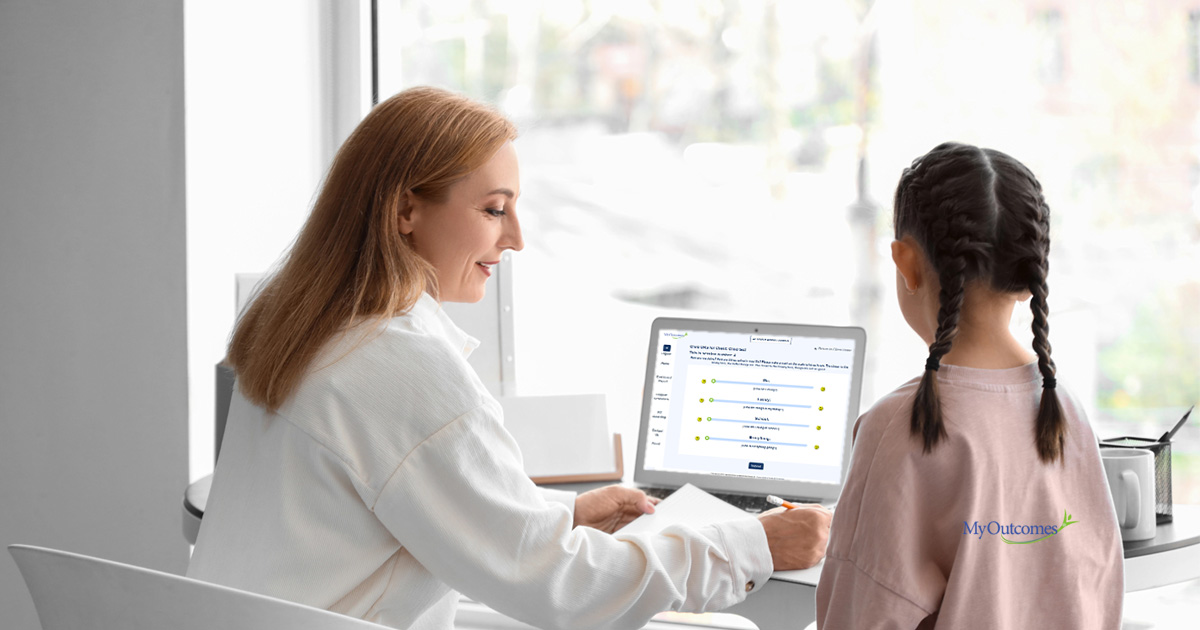Therapy is a deeply personal experience for children, just as it is for adults. However, children have unique ways of expressing their feelings, and traditional adult-oriented feedback tools often fail to capture the nuances of their emotional world. That’s why children need their own feedback tools in therapy. Tools designed specifically for younger clients help therapists gain real-time insights into the child’s progress, address concerns quickly, and build a stronger therapeutic alliance. This ultimately leads to more effective treatment outcomes and a reduced risk of treatment dropout.
In traditional therapy, adults often rate their progress through measures that are structured for grown-ups, like the Outcome Rating Scale (ORS) and Session Rating Scale (SRS). While these tools are effective for adults, they don’t account for the fact that children may struggle to verbalize their emotions and experiences in the same way adults can. This is where child-specific tools like the Child Outcome Rating Scale (CORS) and Child Session Rating Scale (CSRS) come into play.
These child-friendly versions of the ORS and SRS are designed to be simple, engaging, and reflective of a child’s developmental stage. The CORS and CSRS use visual analog scales, with smiling and frowning faces, to help children express how they feel about their therapy sessions. This approach allows children to provide valuable feedback in a way that is accessible and intuitive for them.
How CORS and CSRS Improve Therapy Outcomes
The CORS (Child Outcome Rating Scale) and CSRS (Child Session Rating Scale) are integral tools that help therapists track a child’s therapeutic progress in real time. These tools provide clear, actionable data that clinicians can use to adjust treatment plans as necessary, ensuring that the therapy is always aligned with the child’s evolving needs.
Real-Time Feedback:
Increased Engagement and Collaboration:
Reduced Dropout Rates:
Holistic View of Progress:
At MyOutcomes, we understand the critical importance of using feedback-informed treatment to improve therapy outcomes. MyOutcomes offers a seamless platform for therapists and counselors to integrate CORS and CSRS into their practice. These tools empower clinicians to gather real-time, actionable feedback and create data-driven treatment plans. With MyOutcomes, you can track a child’s progress over time, ensure continuous engagement, and reduce the risk of treatment dropout.
By utilizing our platform, therapists can:

Access real-time feedback to adjust therapy techniques as needed.

Engage both the child and caregiver in the therapeutic process.

Ensure that the child’s voice is heard, leading to stronger therapeutic alliances and improved outcomes.
If you’re ready to improve treatment outcomes for children in your practice and reduce dropout rates, MyOutcomes can help you implement feedback-informed care with ease. To learn more, book a meeting with us or visit us for a free trial today. Experience firsthand how the power of real-time feedback can transform your practice.




